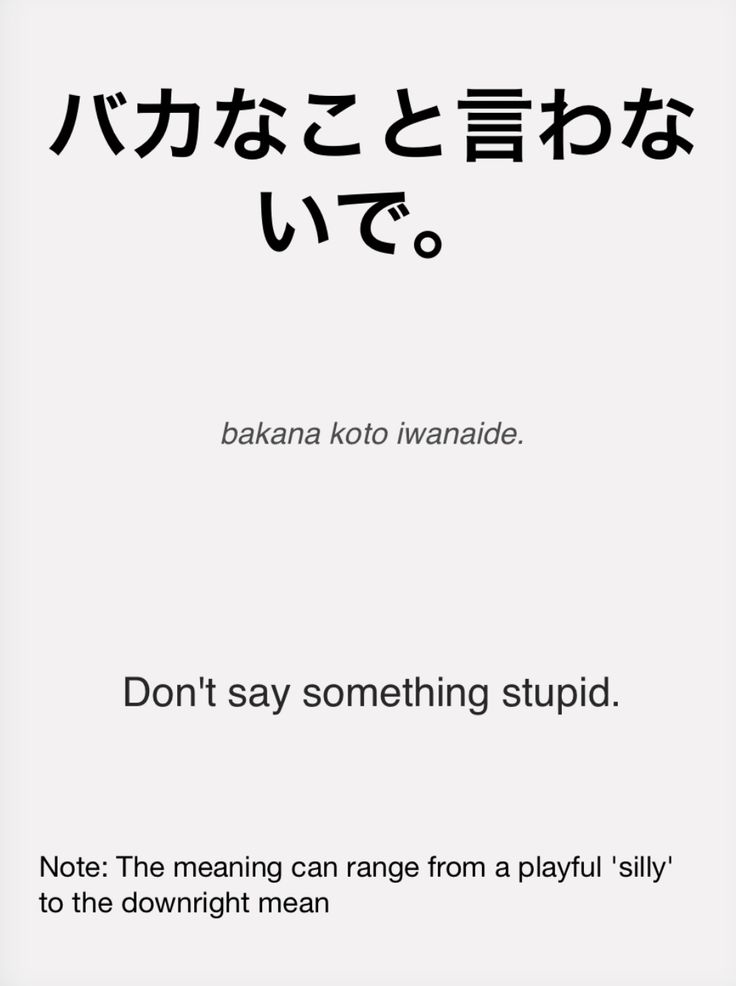“I Forgot” in Japanese – Phrases to Say When You Don’t Remember
In this comprehensive guide, we will delve into the fascinating world of Japanese expressions for those moments when your memory seems to fail you. Whether you’re a language enthusiast, a traveler planning a trip to Japan, or simply curious about different cultures, learning how to say “I forgot” in Japanese can be a valuable addition to your linguistic repertoire. In this article, we will explore various phrases and expressions that convey the idea of forgetfulness in Japanese. So, let’s embark on this linguistic journey and discover how to navigate the awkward situations when you can’t recall something in Japanese.
Understanding the Importance of Politeness in Japanese

Before we dive into the specific phrases for forgetfulness, it’s crucial to understand the importance of politeness and respect in Japanese culture. Japanese society places a significant emphasis on etiquette and courtesy, and language is no exception. The way you express forgetfulness in Japanese can vary depending on the level of formality and politeness you wish to convey.
1. Simple and Casual: “Wasureru” (忘れる)
The most straightforward way to say “I forgot” in Japanese is by using the verb “忘れる” (pronounced as “wasureru”). This form is casual and can be used among friends, family members, or in informal settings. For example:
- We might say: “昨日の約束を忘れちゃった” (Kinou no yakusoku o wasurechatta), which translates to “I forgot about our plans from yesterday.”
2. Polite: “Oboemasen” (覚えません)
When you need to express forgetfulness politely, the phrase “覚えません” (pronounced as “oboemasen”) is a suitable choice. It shows respect and is appropriate for more formal situations, such as business or when speaking to someone older or in a position of authority. For instance:
- We could use this phrase in a business context: “申し訳ございませんが、メールを受け取って覚えませんでした” (Moushiwake gozaimasen ga, meiru o uketotte oboemasen deshita), meaning “I apologize, but I don’t remember receiving the email.”
Expressing Forgetfulness in Different Scenarios

Now that we have covered the basic expressions, let’s explore how to use these phrases in various situations where forgetfulness can arise.
3. Forgetting Names: “Namae ga Wasureru” (名前が忘れる)
It’s common to forget someone’s name from time to time, and in Japanese, you can convey this by saying “名前が忘れる” (namae ga wasureru). This can be particularly handy in social situations or networking events. Here’s an example:
- We might say: “すみません、あなたの名前が忘れてしまいました” (Sumimasen, anata no namae ga wasurete shimaimashita), which translates to “I’m sorry, I forgot your name.”
4. Forgetting Appointments: “Yotei o Wasureru” (予定を忘れる)
In the busy hustle and bustle of life, it’s not uncommon to forget appointments or scheduled events. You can express this in Japanese by using the phrase “予定を忘れる” (yotei o wasureru). For instance:
- We could use this phrase when speaking with a colleague: “今日の会議の予定を完全に忘れていました” (Kyou no kaigi no yotei o kanzen ni wasureteimashita), meaning “I completely forgot about today’s meeting.”
Politeness Levels in Japanese Phrases for Forgetfulness

As mentioned earlier, politeness and formality are integral aspects of Japanese language and culture. It’s essential to choose the appropriate phrase based on the context and the level of respect you want to convey. Here, we will provide some additional phrases that cover a range of politeness levels.
5. Very Polite: “Omoishiremasen” (思い出しません)
When you need to express extreme politeness and humility, you can use the phrase “思い出しません” (pronounced as “omoishiremasen”). This is suitable for formal and apologetic situations where you want to show the utmost respect. For example:
- We might say this when addressing a client: “大変申し訳ございませんが、その情報を思い出しません” (Taihen moushiwake gozaimasen ga, sono jouhou o omoishiremasen), meaning “I deeply apologize, but I can’t recall that information.”
6. Informal and Apologetic: “Mimamotteimasen” (見守っていません)
In some cases, you may want to express your forgetfulness informally but still convey a sense of apology. The phrase “見守っていません” (pronounced as “mimamotteimasen”) can be used in such situations. For instance:
- We could say this to a friend: “ごめん、メッセージを見守っていなかったんだ” (Gomen, messeeji o mimamotteinakattanda), meaning “Sorry, I didn’t keep an eye on the message.”
Common Scenarios for Forgetting

Let’s take a closer look at specific scenarios where these phrases can come in handy.
7. Forgetting Directions: “Michi o Wasurechimatta” (道を忘れちゃった)
When traveling or navigating a new place, it’s not unusual to forget directions. In Japanese, you can express this by saying “道を忘れちゃった” (michi o wasurechimatta). Here’s an example:
- We might say this to a local when lost in a new city: “すみません、道を忘れちゃいました。駅までの行き方を教えていただけますか?” (Sumimasen, michi o wasurechaimashita. Eki made no ikikata o oshiete itadakemasu ka?), meaning “I’m sorry, I forgot the way. Could you please tell me how to get to the station?”
8. Forgetting Passwords: “Pasuwādo o Wasuremashita” (パスワードを忘れました)
In today’s digital age, forgetting passwords is a common frustration. In Japanese, you can convey this by saying “パスワードを忘れました” (pasuwādo o wasuremashita). For instance:
- We could use this phrase when contacting customer support: “パス
“パスワードを忘れました。アカウントにアクセスできない状態です。どうすればよろしいでしょうか?” (Pasuwādo o wasuremashita. Akkaunto ni akusesu dekinai joutai desu. Dousureba yoroshii deshou ka?), which means “I forgot my password. I can’t access my account. What should I do?”
9. Forgetting Anniversaries: “Kinenbi o Wasuremashita” (記念日を忘れました)
Forgetting a special anniversary can lead to awkward situations. In Japanese, you can express this by saying “記念日を忘れました” (kinenbi o wasuremashita). Here’s an example:
- We might say this to our partner: “ごめん、記念日を完全に忘れてた。何か特別なことしようか?” (Gomen, kinenbi o kanzen ni wasureteta. Nanika tokubetsu na koto shiyou ka?), meaning “Sorry, I completely forgot our anniversary. Should we do something special?”
Useful Tips for Using These Phrases

To effectively use these phrases for forgetfulness in Japanese, consider the following tips:
- Practice Pronunciation: Make sure to practice the pronunciation of these phrases to ensure you are understood correctly.
- Use Body Language: In addition to verbal communication, body language such as bowing and showing sincerity through facial expressions can enhance your apology.
- Context Matters: Always consider the context in which you are using these phrases, as it can dictate the level of formality required.
- Apologize Sincerely: When expressing forgetfulness, it’s often appreciated to include a sincere apology to show your regret.
Conclusion
In this article, we have explored various phrases and expressions to say “I forgot” in Japanese. Whether you want to convey forgetfulness casually among friends or with utmost respect in formal situations, there are appropriate phrases for every context. Understanding the nuances of politeness and being aware of the situation can help you navigate these moments of forgetfulness gracefully in Japanese culture.
So, the next time you find yourself in a situation where your memory fails you, remember these phrases and communicate effectively in Japanese. Learning these expressions not only enriches your language skills but also demonstrates your respect for Japanese culture and etiquette.
key words
- learn japanese
- how to say hello in japan
- say i love you in japan

No Responses